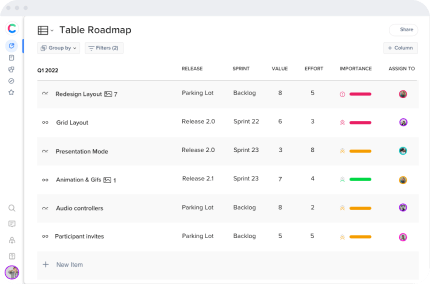What is the cost of sales?
The cost of sales is the direct expenses associated with manufacturing goods/services provided to your consumers. It’s often known as the cost of goods sold (COGS). Selling, general, and administrative expenses are excluded from the cost of sales calculation, as are interest charges. In a nutshell, the cost of sales is a critical financial performance statistic since it measures the capacity to make and sell goods and services at a reasonable price.
What To Include In a Cost Of Sales Calculation
One of the most common questions about the calculation of the cost sales calculation is which expenses you should include and which should be excluded.
If you still can manufacture the items or provide the service, that cost should not be included in your cost of sales calculation. If not paying for a given expense might bring production to a halt, it should be factored into your calculations. Here are some of the costs that you must consider; Licensing of software, packaging costs for product management, and the cost of keeping products/materials in storage. Also, Wages for individuals who work directly in the manufacturing and distribution of goods and services.
So, what should be left out of the cost of sales calculation? While this is mainly dependent on a business and the products being produced, the following items aren’t directly or indirectly engaged in production and should thus be excluded. Up-selling charges, in particular, are a significant part of customer success costs, salespeople’s commissions, specific overhead costs, and product development costs.
How to Calculate Sales Costs
You can calculate your company’s cost of sales using a simple cost of sales formula: Beginning Inventory + Purchases – Ending Inventory = Cost of Sales.
Consider the following scenario: a corporation has £25,000 in inventory at the start of the month. The company spent roughly £10,000 on raw supplies, salaries, and delivery. You may use the cost of sales formula to calculate your company’s cost of sales for the month if you have £14,000 in inventory at the end of the month.
The Significance Of The Cost-of-sales Formula
As you can see, calculating the cost of sales formula is relatively straightforward once you understand what to include and exclude from the equation. But what’s the point of spending so much time examining the cost of sales? Knowing how to calculate the cost of sales is crucial for calculating your company’s gross profit. Once you know your gross profit, you can determine how successfully you’re managing the production process and how much remaining income you’ll have to deal with other expenses, such as debt. In other words, the cost of sales formula is critical if you want to comprehend your company’s financial success.


